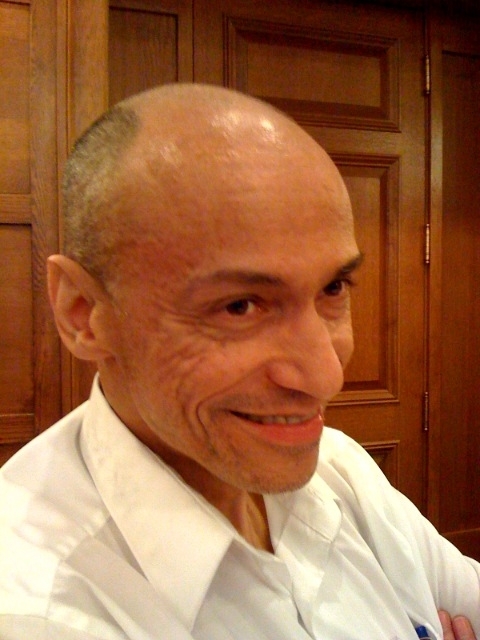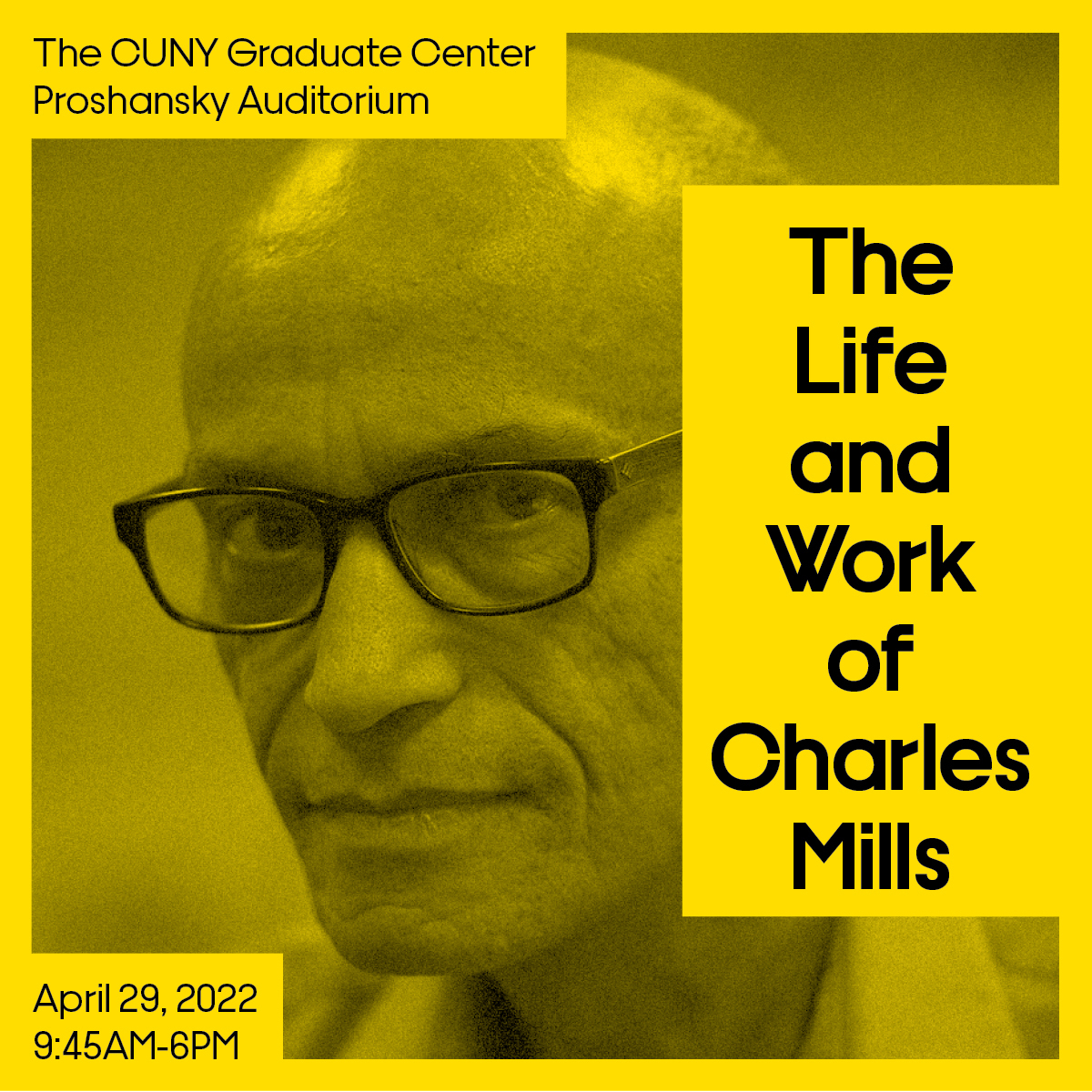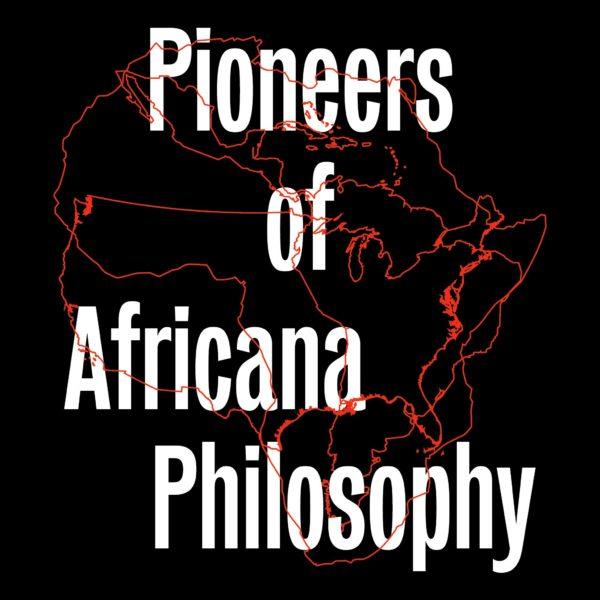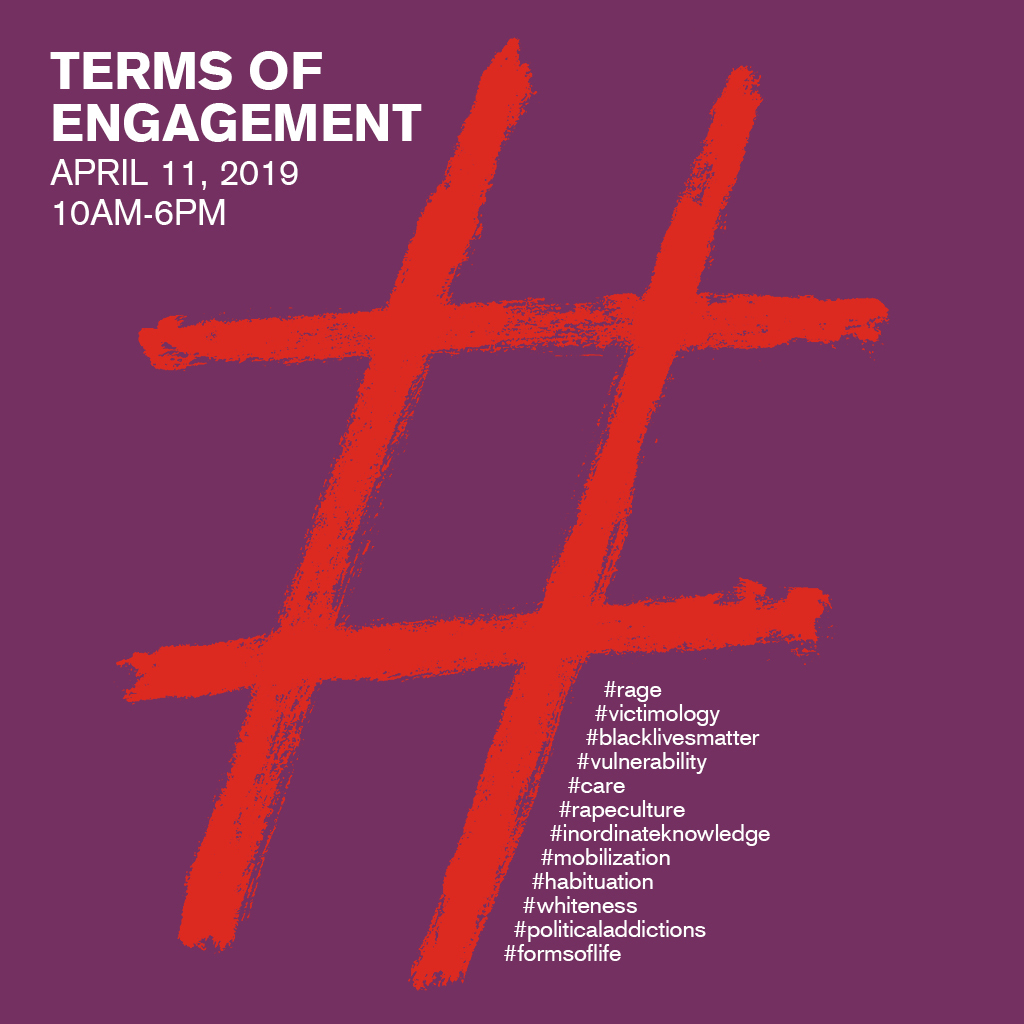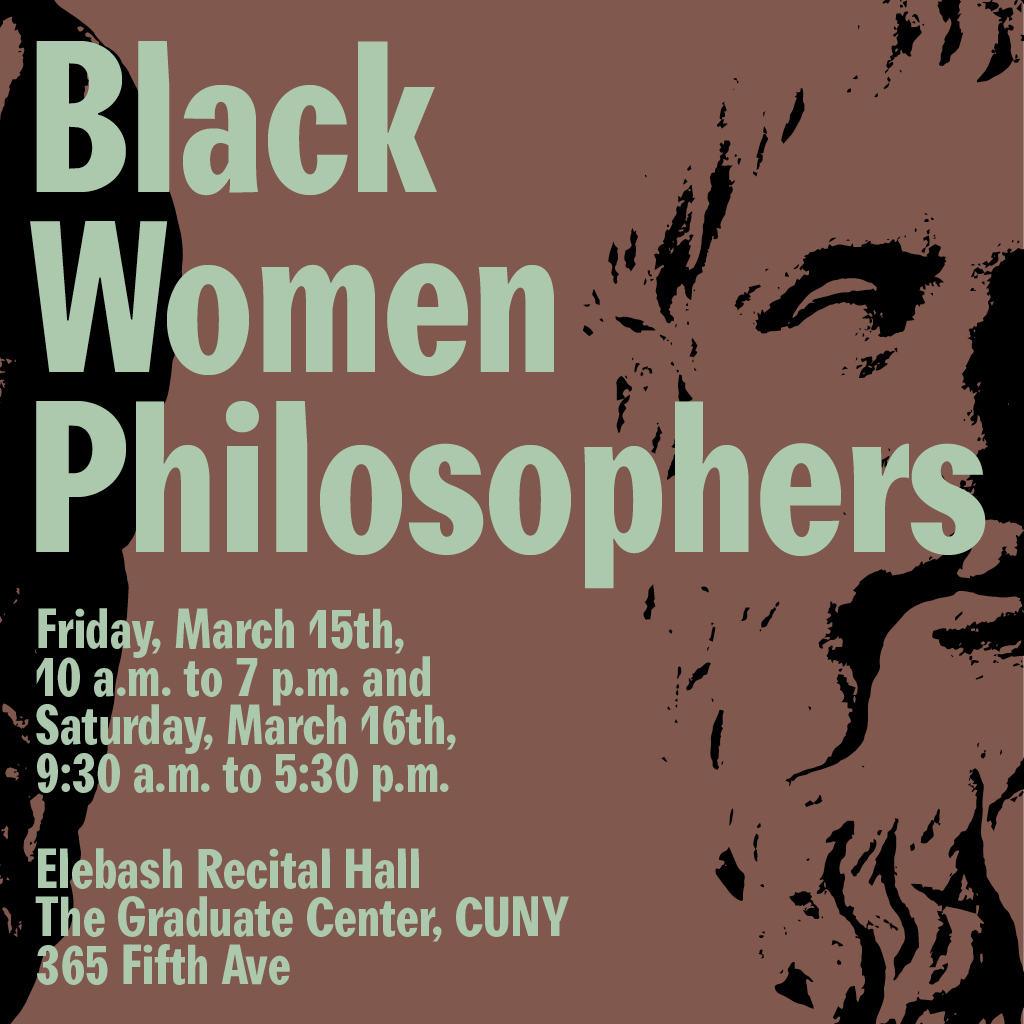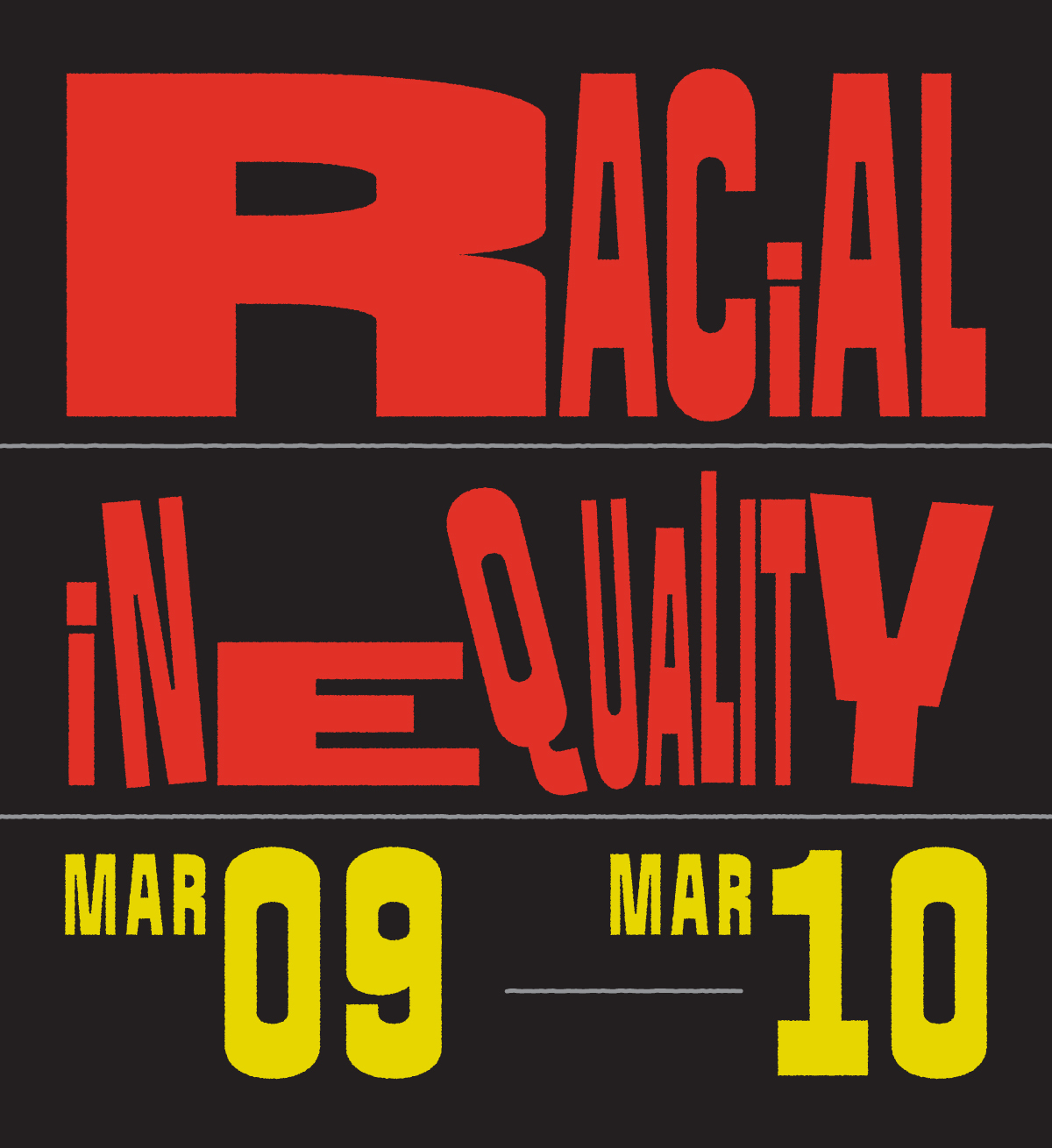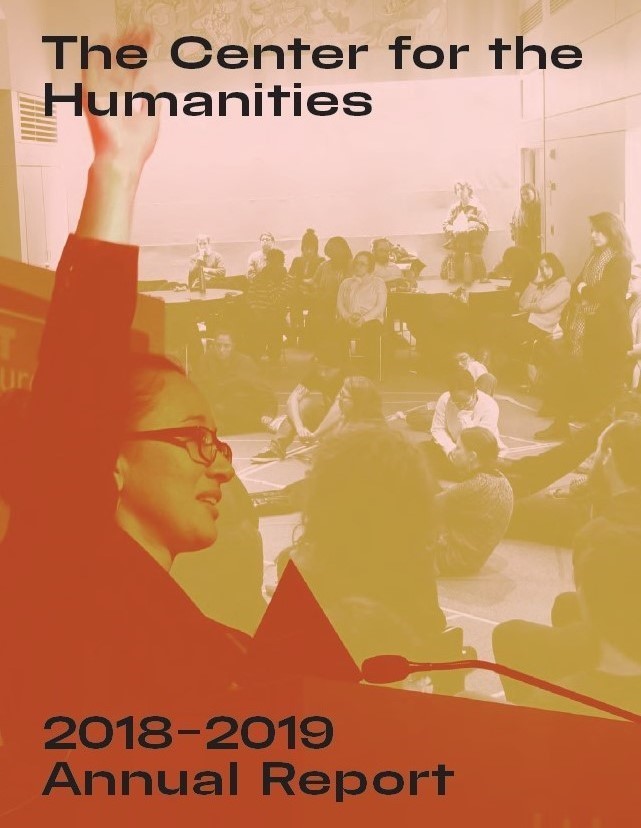“#MeToo and Epistemic Injustice” Conference
Fri, Oct 5, 2018
9:30 AM–7:00 PM
Fri, Oct 5: Roosevelt House, 47-49 East 65th St. & Sat, Oct 6: Skylight Room (9100), CUNY Graduate Center, 365 Fifth Ave.
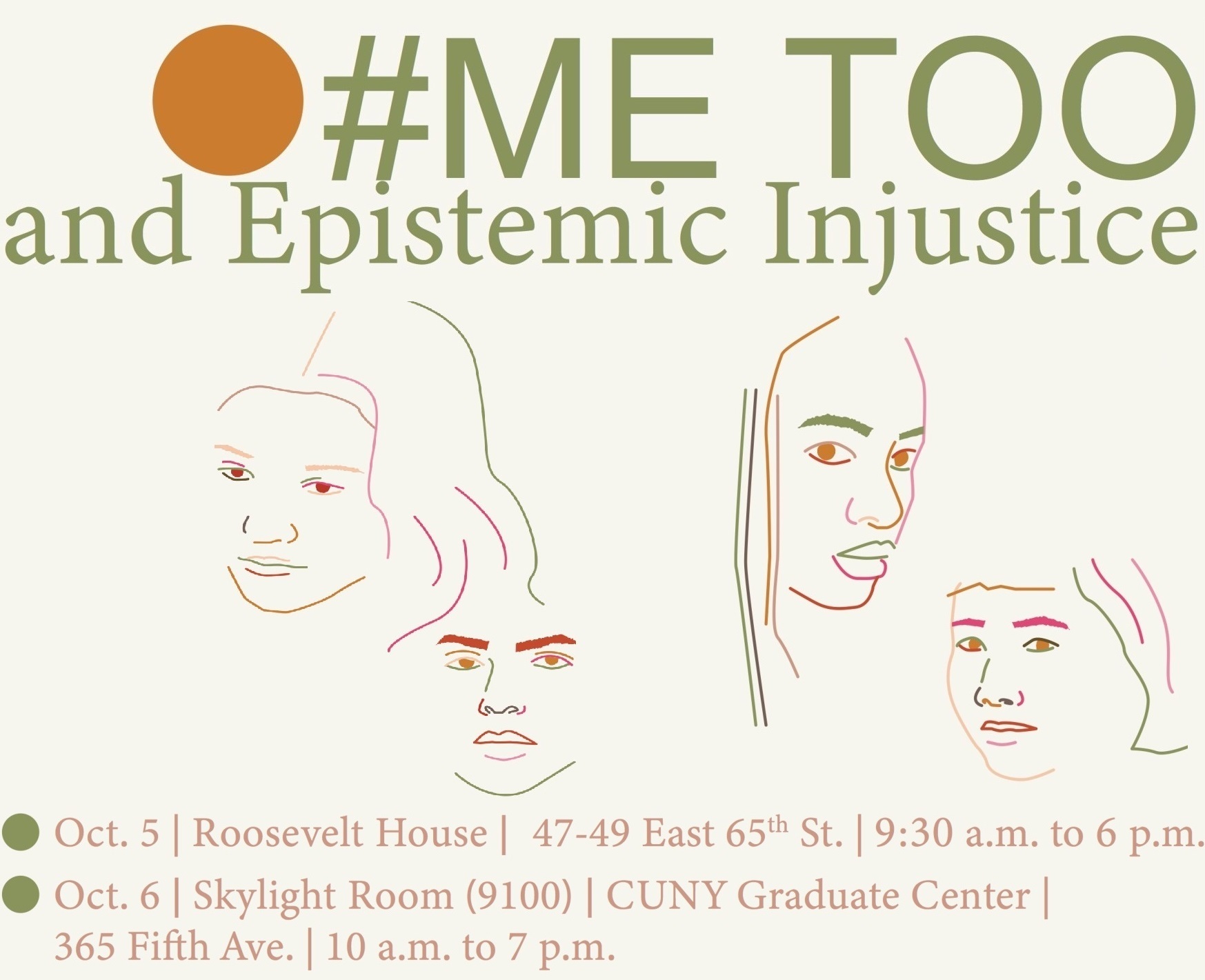
Over the past year, the #MeToo movement has forced into national consciousness what has long been an underground truth known by women: the horrifying pervasiveness of sexual harassment and assault as routine everyday occurrences, largely unpunished. How can one explain the resistance there has traditionally been, as recently brought out in one high-profile case after another, to taking women’s testimony seriously? Using Miranda Fricker’s innovative concept of “epistemic injustice” as a focus—the refusal to give members of subordinated groups a fair hearing—this 2-day interdisciplinary conference will examine the problem in its multiple dimensions. Eighteen theorists from a wide variety of subjects—philosophy, political theory, media studies, history, gender and women’s studies, LGBTQ theory, Africana and Native American studies, law, and disability theory—will look from their distinctive perspectives at women’s vulnerability to sexual harassment and assault, and the ways in which it is complicated by class, race, nationality, sexuality, and disability.
Venues:
- Friday, October, 5th – Roosevelt House, 47-49 East 65th St. 9:30 a.m. – 6:00 p.m.
- Saturday, October 6th – Skylight Room (9100), CUNY Graduate Center, 365 Fifth Ave. 10:00 a.m. – 7:00 p.m.
SCHEDULE:
Friday, October 5th
Roosevelt House; 47-49 E. 65th St.
9:30 a.m. – 9:45 a.m.: WELCOME
9:45 a.m. – 11:45 a.m. Panel 1: Disclosure
Moderator: Miranda Fricker
Linda Martín Alcoff, “Is Consistency a Good Test of Truth in Rape Cases?”
Ann Cahill, “The Shimmering Moment of Disclosure: Ethics, Vulnerability, and the Role of the Confidant”
Sarah Clark Miller, “Resistance, Refusal, and Repair: The Three Rs of Epistemic Response to Sexual Violence”
12 p.m. – 2 p.m.: Panel 2: Representation & Resistance
Moderator: Catherine Raissiguier
Mishuana Goeman, “Razing the Monumentalizing that Marks Us for Death: Cinematic Geographies in Films on the Murdered and Missing Indigenous Women”
Kim Hall, “‘The Epidemic No One Talks About’: Public Knowledge, Sexual Violence, and Disability”
Danielle McGuire, “Recy Taylor, Rosa Parks and the Long History of Black Women’s Resistance to Sexual Violence”
LUNCH BREAK: 2 p.m. – 4 p.m.
4 p.m. – 6 p.m.: Panel 3: Sex
Moderator: Dána-Ain Davis
Andrea Press, “Swipe Right for Consent?”
Raja Halwani, “Sexual Desire, Sexual Pleasure, and Sexual Injustice”
Dina Siddiqi, “Staging Seduction, Erasing Consent”
Saturday, October 6th
CUNY Graduate Center, 365 Fifth Avenue; The Skylight Room (9100)
10 a.m. – 12 p.m.: Panel 4: Hashtag Activism
Moderator: Charles W. Mills
Karyn Freedman, “Credibility, Risk, and the Epistemic Significance of #MeToo”
Alyson Cole, “The Virtual is Political”
Shatema Threadcraft, “The Mundane in a Spectacular Era: #MeToo and #Blacklivesmatter”
LUNCH BREAK: 12 p.m. – 2 p.m.
2 p.m. – 4 p.m.: Panel 5: Hearing
Moderator: Linda Martín Alcoff
Miranda Fricker, “Knowing, Not-knowing, and Half-knowing”
Kate Manne, “More than Fair: How Excessive Sympathy for Him (‘Himpathy’) Obscures and Causes Misogyny”
Alison M. Jaggar, “Bad Weather and Hostile Climates: Why Do Sex and Gender Harassment Persist in Academic Philosophy?”
4:15 p.m. – 6:15 p.m.: Panel 6: The Role of the Law”
Moderator: Alyson Cole
Suzanne B. Goldberg, “How Do We Think about the Relationship between #MeToo and the Law?”
Susan Brison, “Hermeneutical Injustice and Bearing Witness to Rape as Gender-Based Violence”
Rupal Oza, “Consent, Credibility and Coercion in Rural Haryana”
Speakers:
- Linda Martín Alcoff, Philosophy, Hunter College & Graduate Center, CUNY
- Susan Brison, Philosophy, Dartmouth College
- Ann Cahill, Philosophy, Elon University
- Alyson Cole, Political Science, Queens College & Graduate Center, CUNY
- Karyn Freedman, Philosophy, University of Guelph
- Miranda Fricker, Philosophy, CUNY Graduate Center
- Mishuana Goeman, Gender Studies & American Indian Studies, UCLA
- Suzanne Goldberg, Columbia Law School
- Kim Hall, Philosophy, Appalachian State University
- Raja Halwani, Liberal Arts, Art Institute of Chicago
- Alison Jaggar, Philosophy, University of Colorado Boulder
- Kate Manne, Philosophy, Cornell University
- Danielle McGuire, Independent Historian
- Sarah Clark Miller, Philosophy, Penn State University
- Rupal Oza, Women & Gender Studies, Hunter College & Graduate Center, CUNY
- Andrea Press, Media Studies & Sociology, University of Virginia
- Dina Siddiqi, Liberal Studies, New York University
- Shatema Threadcraft, Government, Dartmouth College
Co-organizers: Linda Martín Alcoff and Charles W. Mills.
Co-sponsored by the Advanced Research Collaborative (ARC), the Center for the Humanities, and the PhD Program in Philosophy at the Graduate Center, CUNY, together with Hunter College.
